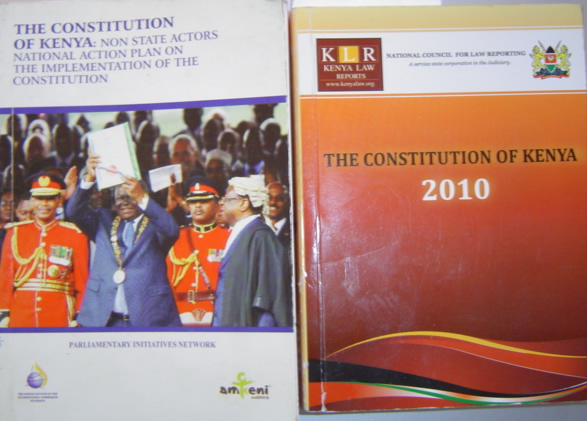Barbershop talk on the draft Constitution
Monday, March 4th, 2013 by Lenard KamwendoOn Friday morning as people were rushing to work I paid a visit to the barbershop. After spending almost a month without getting my hair cut, and also missing the city gossip from my barber man, I made my booking early.
As I was sitting on the bench waiting my turn I could hear whispering coming from two men sitting next to me. So I moved closer so that I could hear their discussion. I remember when I was growing up my mom used to tell me that men should not gossip but here I was eavesdropping and pretending to be reading the newspaper. I was staring at the COPAC draft Constitution summary published in the state-controlled newspaper. Still trying to position my ears like a satellite receiver, my turn arrived and I grabbed the chair with my ears still attached to the conversation.
“Haa unonyepa haihwine” meaning you lie its not going to win. At first I thought it was a soccer match but later I heard names of political parties being mentioned. Why are these men whispering I asked my barber man? He replied with a smile and said they are talking politics. They are arguing over the draft constitution, he added. The two gentlemen were in a debate on who will claim victory if the ‘YES” vote prevails in the referendum and does it also mean a certain party can triumph in the coming elections based on the referendum outcome. All I could hear were arguments – not many facts – maybe this was due to self-censorship, or maybe they hadn’t read a copy of the draft constitution.
Since this barbershop is also frequented by Members of Parliament (MPs), I was told the debate started a week ago when one MP was saying that after the “YES” he predicts a win for his party in the harmonized elections in July. I asked for an opinion from my barber man and all he could say was that it depends on the situation.
Since it was a public place he was self-censoring his opinion.










